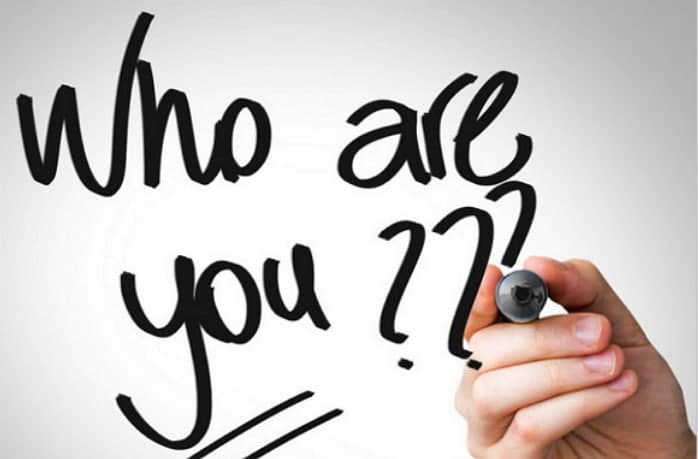Насколько вы уверены в том, что можете поделиться своими личными данными через Интернет
📌 За последние два года в нашей жизни произошли кардинальные изменения, и не в последнюю очередь это касается моделей цифрового потребления. Цифровые тенденции ускорились намного больше, чем они могли бы быть, если бы мы не оказались в центре пандемии.
Все перешло в онлайн - и то, как мы работаем, и то, как мы делаем покупки, и даже то, как мы ищем развлечения и отдых. В 2021 году мы зарегистрировались и использовали больше цифровых платформ и продуктов, чем когда-либо прежде.

Но переверните монету, чтобы понять, сколько раз мы отправляли свои личные данные, платежную информацию и даже физические удостоверения личности, и вы начнете понимать, почему наряду с резким ростом цифрового потребительства мы также стали свидетелями ошеломляющего скачка киберпреступности.
💰 Рекордный год для киберпреступлений
Согласно последним исследованиям, 2021 год стал рекордным по количеству кибератак, утечек данных и взломов, а рост кибербезопасности составил 600%. В 2021 году произошел скачок на 17% по утечкам данных, в результате которых пострадали 280 миллионов человек.
Один из блокчейн-протоколов, ориентированный на идентификацию и проверку личности, PhotoChromic, в ходе недавнего опроса 1348 ключевых лидеров общественного мнения выяснил, насколько люди обеспокоены тем, что могут поделиться своими личными данными в случае, если они могут быть взломаны, украдены или использованы не по назначению. Также выяснялось, насколько безопасно люди чувствуют себя, сообщая свою личную информацию (PII) в Интернете.
✅ Результаты показали, что:
🟢 89% людей обеспокоены или очень обеспокоены тем, что чувствительная личная информация может быть взломана или скомпрометирована в будущем.
🟢 Только 9% людей чувствуют себя в безопасности или очень безопасно при передаче своих личных данных в Интернете.
🟢 В случае утечки данных и т.п. только 22% людей уверены или очень уверены в том, что они знают, с кем связаться, как восстановить свои данные и/или как минимизировать последствия утечки данных для их личной, цифровой безопасности.
К счастью, именно здесь блокчейн вступает в свои права, предлагая утилиты, которые могут защитить и обезопасить личные данные пользователей. Многие онлайн-платформы и протоколы сами по себе не требуют, чтобы пользователи когда-либо отправляли свой ID или личные данные, а только адрес своего кошелька. Блокчейн работает путем распределения данных по огромной сети узлов по всему миру. В отличие от этого, компании хранят данные пользователей на одном сервере, предоставляя хакерам единственный проход, через который можно пройти, чтобы получить контроль над персональными данными.
🛸 Заключительное слово
По мере того как цифровые тенденции набирают обороты, растут и те, кто стремится извлечь выгоду из этого скачка потенциальных жертв. Блокчейн предоставляет пользователям протоколы управления идентификацией и защиты, чтобы сохранить их личные данные и информацию в безопасности.